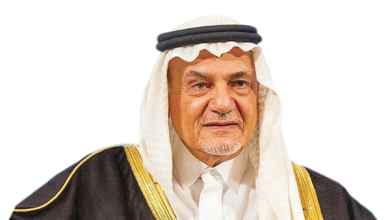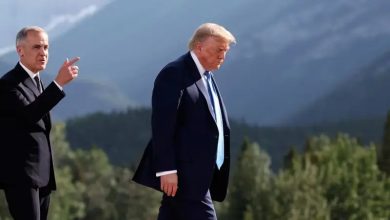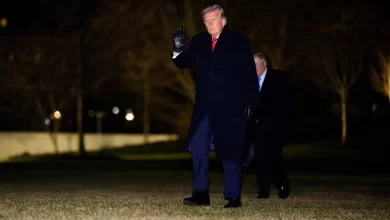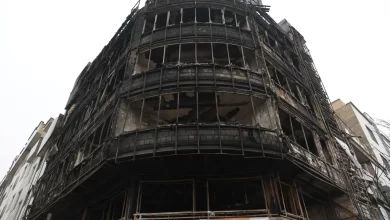Fail of ECOWAS Sanctions Against Juntas, Niger to Guinea
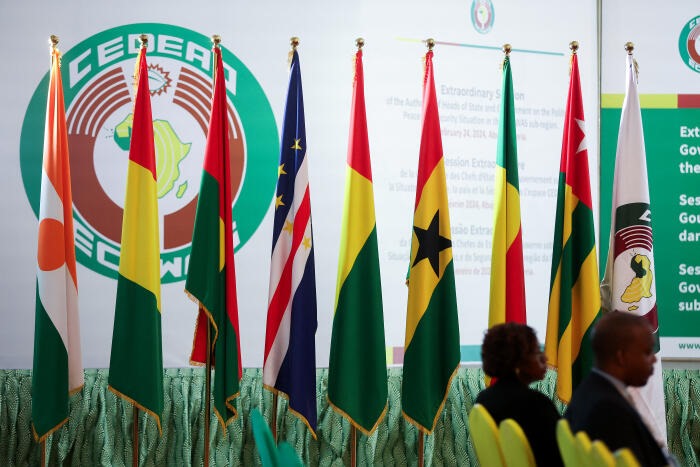
Sudan Events – Agencies
After several years of arm wrestling with the military coup leaders in power in Mali, Guinea and Niger, the Economic Community of West African States (ECOWAS) has decided to change its strategy. Meeting at an extraordinary summit in Abuja, Nigeria, on Sunday, February 25, it decided to lift most of the sanctions imposed against Bamako, Conakry and Niamey following the overthrow of elected presidents by the military between 2020 and 2023. The primary aim of these political, economic and trade restrictions was to force the military to organize elections within a reasonable timeframe. So far, to no avail.
“We must re-examine our current approach to the quest for constitutional order in four of our member states,” said Nigerian President Bola Tinubu, who is currently the ECOWAS president.
With regard to Niger, ECOWAS decided to “lift with immediate effect” the closure of land and air borders, to end the suspension of all economic transactions between ECOWAS countries and Niamey, and to lift the freeze on assets held by the Nigerien state with commercial and central banks. It was a gesture of appeasement made without any corresponding trade-off.
Although ECOWAS had previously made the release of deposed Nigerien president Mohamed Bazoum and his wife – held captive by the junta in the presidential palace for seven months – a precondition, these West African states have now disregarded this requirement. ECOWAS Commission President Omar Touray said some targeted sanctions and political sanctions remained place for Niger, without giving details.
At the same time, the West African heads of state announced the end of financial and economic sanctions imposed on Guinea, namely the ban on financial transactions between Conakry and the body’s member states. ECOWAS’s latest offer to West African military.
